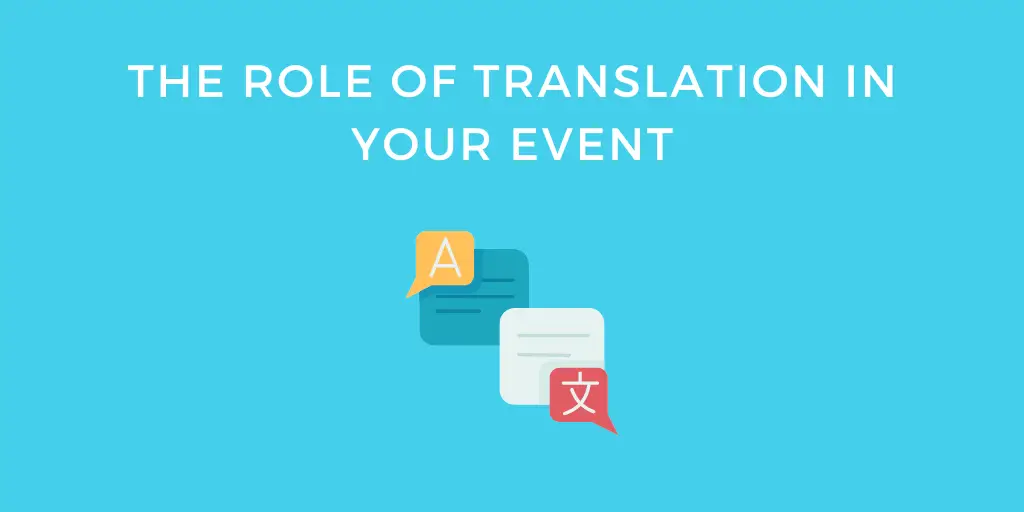Bridging Language Barriers: The Role of Translation in Event Venue Selection

Organizing an event can be a complex process, and choosing the right venue is one of the most critical decisions. When hosting an event in an international setting, language barriers often add another layer of complexity. Event organizers not only need to consider the usual factors—such as location, capacity, and amenities—but also must navigate potential communication challenges. This is where translation services, coupled with modern technologies like AI chatbots, can play a pivotal role in streamlining venue selection.
In this article, we’ll explore how translation services and AI chatbots can make the process of selecting a venue easier and more efficient, especially in multilingual environments.
Overcoming Language Barriers: The Impact of Translation on Event Venue Selection
1. Breaking Down Communication Barriers
When selecting a venue in a foreign country, understanding the venue’s offerings and communicating clearly with venue managers can be challenging if they don’t speak the same language as you. For example, if you’re hosting an event in Brussels and the venue representatives speak French or Dutch, language differences could lead to misunderstandings about pricing, services, or policies. When considering event spaces in Berlin, where both German and English may be spoken, clear communication is crucial to avoid confusion regarding venue capacities and rental agreements.
Translation tools, either through professional services or AI-driven applications, can help bridge this communication gap. By ensuring that both the event organizers and venue managers can exchange accurate information, you can avoid costly misunderstandings and ensure that the venue meets all of your event’s requirements.
2. Enhancing AI Chatbots with Multilingual Capabilities
AI chatbots are becoming increasingly popular for simplifying the event planning process, especially when it comes to venue selection. These chatbots are capable of quickly filtering through a large number of venues based on your specific preferences such as location, size, and available amenities. However, their usefulness is greatly expanded when they are equipped with multilingual capabilities.
By integrating translation technology into AI chatbots, event planners can communicate in their native language while the chatbot engages with venues in the local language. This is especially valuable when dealing with venues in non-English speaking regions. For example, if an event planner from the U.S. is looking for a venue in Paris, the chatbot can automatically translate inquiries and responses, making it easier to manage details like availability, rates, and contractual terms without requiring a human translator.
Additionally, planners can use PDF translation services to translate documents such as venue brochures or contracts, ensuring that all materials are accurately understood before making final decisions.
3. Negotiating Contracts and Terms in Different Languages
When finalizing a venue, negotiating the contract is a key step. However, contracts are often written in the local language, and translating legal or technical terms can be challenging. Using professional translation services ensures that you fully understand the terms and conditions of the agreement. For instance, misinterpreting a cancellation clause could result in unexpected penalties.
AI-driven translation tools are also advancing to offer more reliable legal translations, allowing event planners to feel confident that they are agreeing to fair terms. These tools help ensure that the contract is legally sound and that both parties have a clear understanding of the agreement.
4. Cultural Nuances and Local Preferences
Effective translation is not just about converting words from one language to another—it’s also about understanding cultural nuances. When selecting an event venue in a foreign country, it’s important to consider local customs, expectations, and preferences. For example, a venue in Tokyo may operate under different business etiquette than one in New York. Professional translators or culturally aware AI systems can help event organizers navigate these differences, ensuring that they communicate appropriately with venue representatives.
Additionally, AI chatbots equipped with cultural insights can suggest venues that are more aligned with the type of event you’re hosting. For example, if you’re planning a corporate event, the chatbot might recommend venues that are more formal and professional in nature, while suggesting more casual venues for social events.
5. Providing Seamless Communication for Global Audiences
For international events, it’s not just about selecting the venue but also ensuring that communication with all stakeholders—whether it’s attendees, vendors, or staff—is seamless. Having translation tools on hand ensures that you can communicate effectively with a global audience. This includes translating event materials such as invitations, itineraries, and marketing materials, so that attendees from different linguistic backgrounds can fully engage with the event.
Conclusion
As the world becomes more interconnected, the need for effective communication across languages becomes essential, particularly in the event planning industry. By leveraging translation services and AI technologies like chatbots, event planners can overcome language barriers when selecting venues, ensuring a smoother planning process. Whether you’re hosting an event in a multilingual city like Brussels or organizing a global conference in Tokyo, these tools will help you manage venue selection and communication effectively, creating a successful and inclusive event experience.






